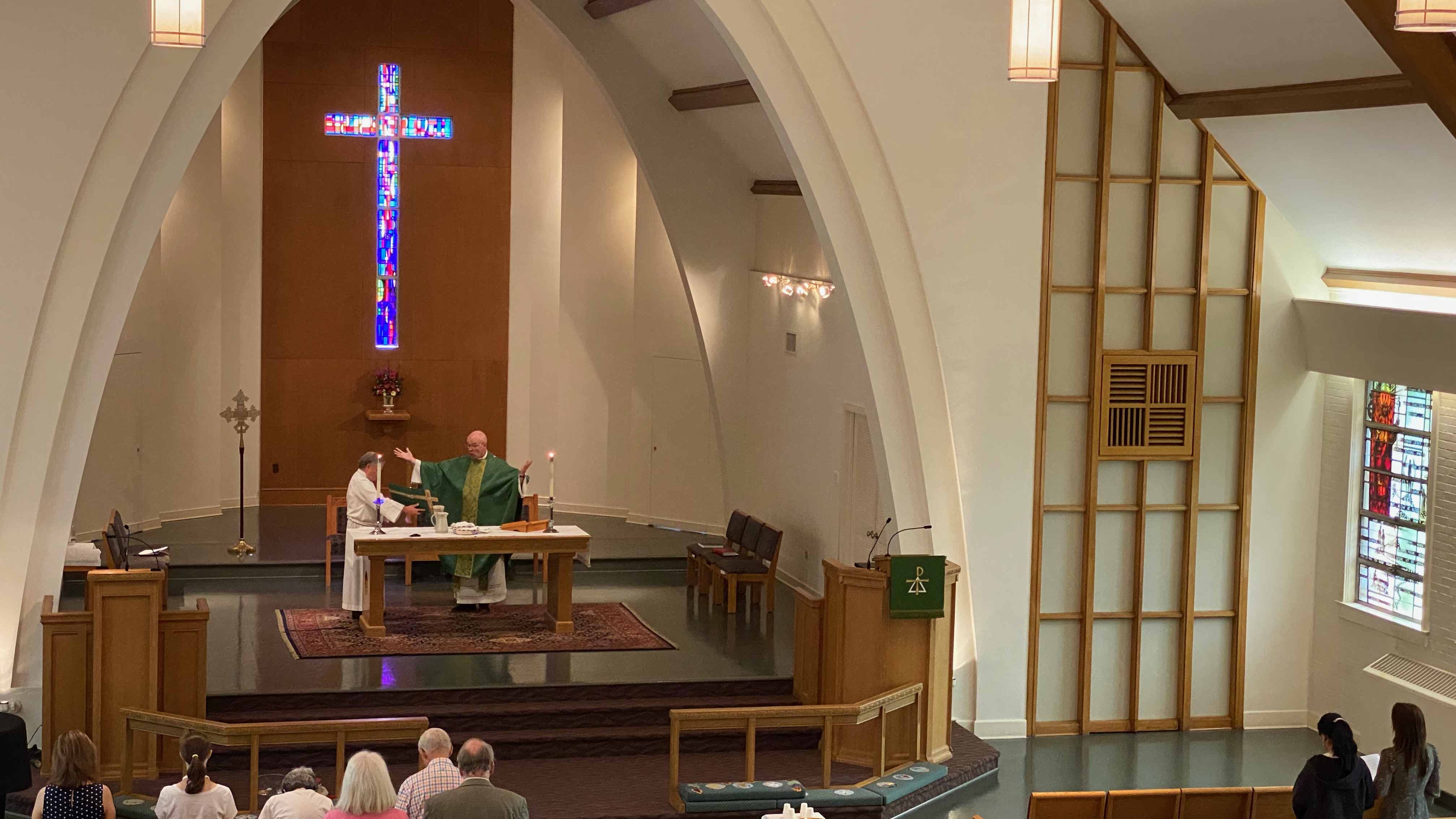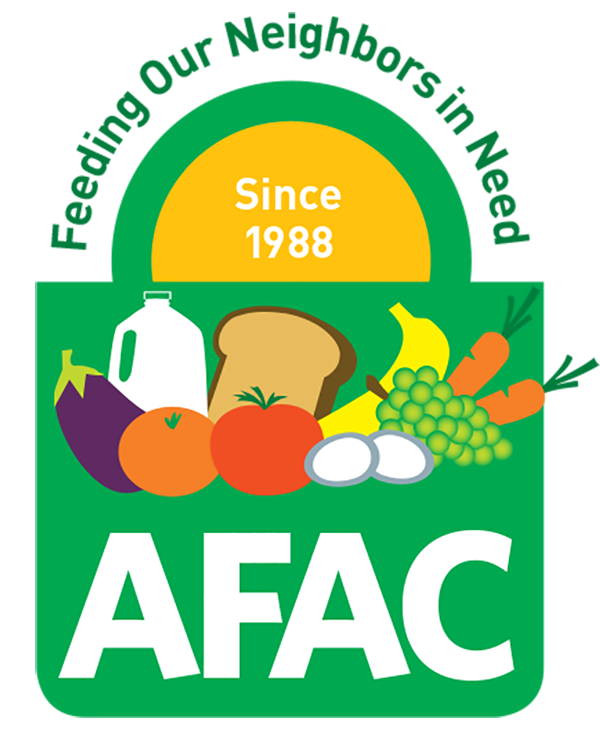Week of the Eighteenth Sunday after Pentecost
Dear Friends in Christ:
I have previously written in these midweek messages about our congregation’s shared vision statements to guide our mission and ministry. A draft of these vision statements was first presented to you at our annual congregational meeting in January of this year. The Council then edited and prioritized the statements at their annual retreat earlier this year. That version was then made available to you as a congregation during this past summer. Virtual and in-person events were scheduled over the course of the summer to receive additional feedback about the vision statements. At its meeting in September, the Council voted to approve the current draft of the statements. Now we embark on the task of making specific, concrete plans to live into the statements of vision to chart a course for our life together.
The vision statements are intended to guide the planning and work of the Council, of committees, staff members, and me as Pastor. The eleven statements of vision are not intended for the wider public. It’s an internal document essentially. So, what about a simple statement of our vision for mission and ministry that is geared toward a wider public? That was one of the questions that came up repeatedly during conversations about the several vision statements.
Yes, I do believe that we need a simple, succinct statement that reflects who we are and what we intend to become as a congregation. And I believe that such a statement is precisely what we would offer the wider community, on our website, on signs or banners, and more. And I believe that we have the source for such a statement, one that is scriptural, namely, Micah 6:8, “[The Lord] has told you, O mortal, what is good; and what does the Lord require of you but to do justice, and to love kindness, and to walk humbly with your God?” Distilling it down to a simpler form, this is the essence: do justice, love kindness, walk humbly with God.
This verse from the Hebrew prophet Micah was featured prominently in the congregation’s self-study reports that were generated as part of a process with a consultant during the interim period that preceded the process to call a new pastor. I am told that there was a good deal of appreciative energy around Micah 6:8 in that it seemed to sum up nicely Resurrection’s self-understanding as a congregation as well as its aspirations for its future.
I have been aware of the presence of Micah 6:8 in our life together during the many months of my pastorate with you thus far. But I did not want to rush our shared communal discernment to simply assume that Micah 6:8 would form the basis for our publicly stated vision. But the more I have lived with this verse in our life together in relation to what is happening in the wider world, the more I am convinced that Micah 6:8 is indeed an appropriate, straightforward guiding statement for us as a congregation. It says in a few words that which I discern is what we want to communicate to the wider world.
To ground our further consideration, here’s some brief, initial reflection and commentary on the three simple, but profound, statements.
Do Justice:
Any talk of justice among Lutherans needs to relate understandings of justice to God’s justification of us sinners, namely, that we are justified by God’s grace as a gift effective through faith, apart from our works, even of pursuing justice. Justice and justification share the same root in English, and they are related theologically. God’s justice is a merciful justice, motivated by love. Our seeking to do justice, to do the works that make for justice among people and nations, is rooted in and emerges from our having received with thanksgiving God’s merciful and forgiving justice to and for us. Thus, out of thanks for grace given, we get to do justice in serving our neighbors in love. We don’t have to do justice in order to get right with God. In true Christian liberty, which is a freedom for the other, we seek to do justice with no strings attached. Moreover, in Christian freedom, pursuing justice is wide open and can take many different forms depending on our social context, its needs and opportunities. This theological way of thinking about justice is not ideological. I sense in members at Resurrection a concern about social justice and the importance of this theme for our public witness and initiatives as a congregation. But I also recognize, affirm, and celebrate that there is great deal of opinion in our congregation about what specifically pursuing justice might mean, with varied opinions representing the spectrum of political views from right to left and in the center. We will discern together what it means to do justice, and to be forgiven by our just, but merciful God. For we envision Resurrection as a community of moral discernment seeking ways to make public witness to the calls of God’s justice.
Love Kindness:
Doing justice by itself can have rough edges – all law and no gospel. Thus, the importance of following the invitation to do justice with the plea to love kindness. Love. Kindness. Two magnificent words, theological and otherwise. Our love of kindness emerges from God’s loving kindness. We love because God first loved us (cf.1 John 4:19). God’s justice is merciful, and thus, kind. We are kind because God is kind and merciful to us. Love is passionate. Thus, we have a passionate love for kindness, a disposition in scarce supply in our wider culture, nation, and world. Loving kindness is therefore a marvelous witness to our unkind world. Kind people are leaven in the loaf of communities, helping them to rise to a kinder level of communal engagement. Importantly, I have experienced Resurrection as a kind and respectful community of people. Moreover, working to build an ever-deepening sense of community among us, the fruit of loving kindness, is the first prioritized vision statement among our set of visions. Loving kindness advances such community building efforts.
Walk Humbly with God:
Walking with God. God walking with us. This also captures central elements of our envisioned life together, rooted in and growing from the centrality of the Sunday worshiping assembly, our education and formation programs, our desired outcome for a rich spiritual life together. We are on a journey with God, and God is not finished with us – hence the central importance of ongoing education and formation our whole life long, God ever walking with us as we walk with God. And we endeavor to do all of this humbly. Humility is another disposition, like kindness, that is in short supply in our current nation and world. Despite the prominent worldly positions many of our members hold or have held in their careers, I experience Resurrection as a comparatively unassuming, that is to say, humble congregation. And we can endeavor to further this humility, again, in witness to a world in need of greater humility.
Do justice; love kindness; walk humbly with God. In brief, these simple statements are descriptive of our life together, but they are also aspirational in that we do not live and abide perfectly in our capacities for justice, kindness, and humbly walking with God.
So it is that I offer to you my recommendation that Micah 6:8 would ground and guide our simple statement of vision that we offer the wider world in our various forms of public witness.
I’d love to hear from you, and to learn your reaction and response to this recommendation that we ground the summary statement of our life together in Micah’s call to do justice, love kindness, and walk humbly with God. Please don’t be shy about sharing with me your thoughts.
In Jesus’ name,
Pastor Jonathan Linman






